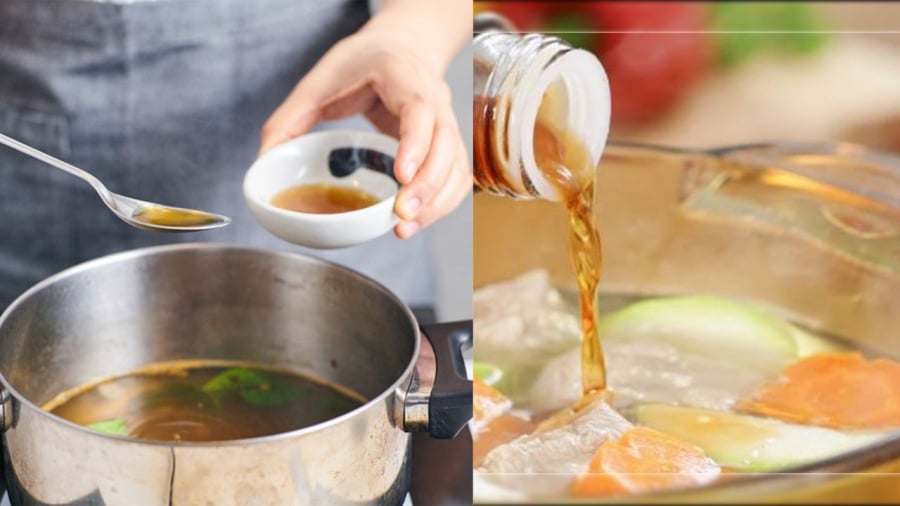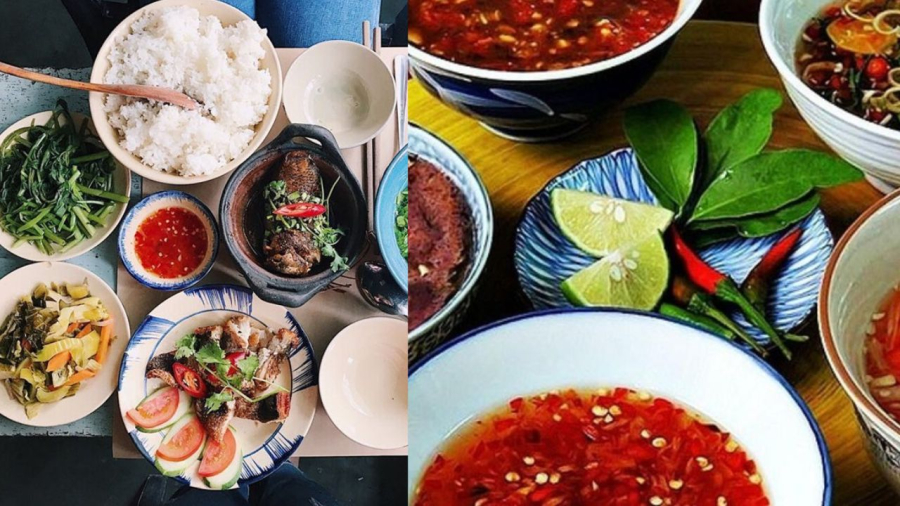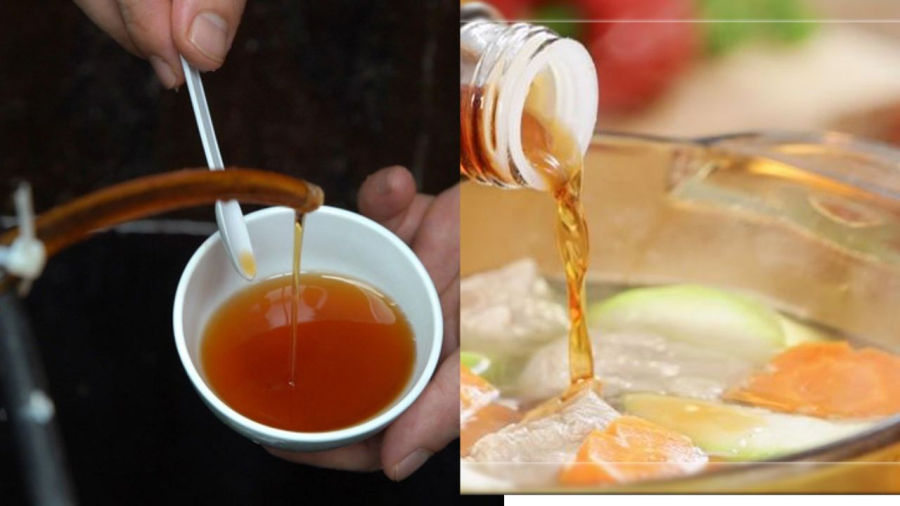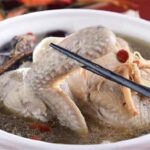Fish sauce is an essential condiment in Vietnamese cuisine, adding a savory touch to dishes and elevating their flavors. For some meals, the absence of fish sauce can ruin the entire dining experience. However, even frequent users may be unaware of the potential harm caused by these common habits:
Adding fish sauce to boiling food:
As a liquid condiment with a distinct aroma, fish sauce is often added during stir-frying, stewing, or boiling. However, at high temperatures, the amino acids in the sauce break down, resulting in a loss of sweetness. Moreover, the distinctive fish sauce aroma dissipates, leaving a less appealing scent.
The sweetness and nutritional value of fish sauce are indicated by its amino acid content, derived from the process of steeping fish. Therefore, adding fish sauce to boiling food reduces its value.
To preserve the sweetness and flavor, it is recommended to add fish sauce after turning off the heat.

Using excessive fish sauce in children’s meals:
Fish sauce is salty, and many Vietnamese have a preference for strong flavors. Excessive salt intake can strain the heart and kidneys, negatively affecting health. For infants under one year old, nutritionists advise against adding extra salt, as natural foods already provide sufficient sodium. Using excessive fish sauce in young children’s meals or serving them heavily seasoned dishes is extremely detrimental to their health.
A high-sodium diet, including excessive fish sauce consumption, can lead to kidney damage. Therefore, it is essential to monitor salt intake and avoid overdoing it.
Sharing a communal bowl of fish sauce:
It is common in Vietnamese families to share a single bowl of dipping sauce during meals. Even in restaurants, it is not unusual for patrons to be served a communal bowl of fish sauce. However, this practice can facilitate the transmission of Helicobacter pylori (HP), a bacterium that causes stomach ailments, if one of the diners is infected. To ensure hygiene and reduce the risk of infection, it is advisable to provide individual bowls of sauce.

Reusing leftover fish sauce from a previous meal:
While being thrifty is generally a good practice, it is not advisable to reuse a bowl of fish sauce that has been used for dipping. Many believe that the saltiness of fish sauce prevents spoilage. However, it is often used for dipping foods that spoil easily, such as boiled meat and vegetables. Once the sauce comes into contact with these foods, it becomes susceptible to contamination and bacterial growth, posing a health risk. To maintain hygiene, it is recommended to pour a sufficient amount of fish sauce for each meal and discard any leftovers instead of reusing them.

Leaving the fish sauce bottle uncapped and storing it near the stove:
Neglecting to recap the fish sauce bottle can lead to a loss of flavor and an increased risk of bacterial contamination, compromising the quality of the sauce. Therefore, it is essential to remember to tighten the cap after use. Additionally, storing the bottle near the stove is ill-advised, as the heat and light can cause oxidation, turning the sauce dark and affecting its taste. A better storage option is to keep it in a cool, dry place, away from direct sunlight and heat sources.
It is worth noting that the World Health Organization recommends a daily sodium intake of no more than 5 grams. However, the majority of Vietnamese tend to prefer saltier flavors. Therefore, it is crucial to exercise moderation when using fish sauce and other salty condiments.
6 Cooking Habits That Are Ruining Your Meals and Your Health: Bad for Your Heart and Waistline. #3 Will Surprise You!
“Unhealthy cooking habits can take away the joy of relishing delicious meals and impact your family’s health. It’s time to revamp your culinary routines and embrace a healthier approach to cooking. Say goodbye to these common mistakes and watch your dishes transform into mouth-watering, nutritious delights that everyone will love.”



































